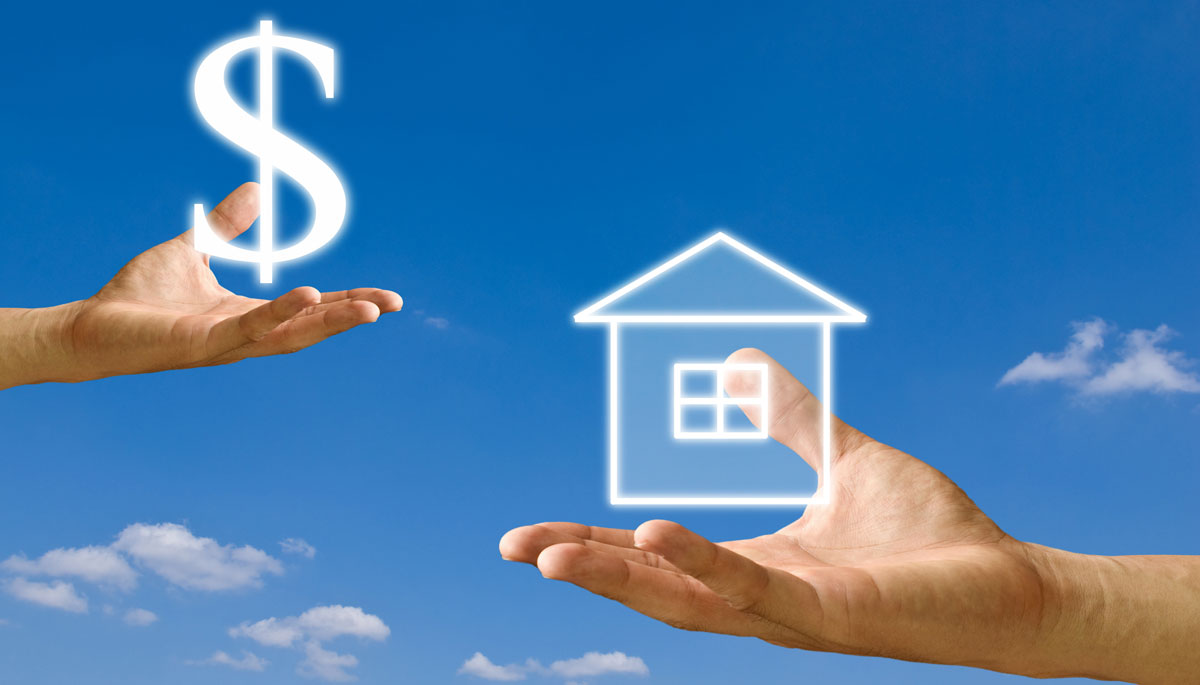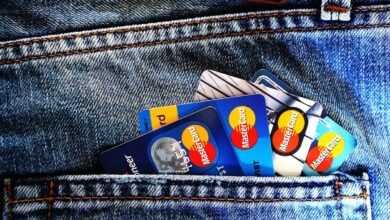
Your Bond Is Still The Best Investment
Consumers are always being urged to save more, but often have no idea where to put any savings they can make and get them to grow.
There is, it seems, a vast array of investment options, with varying levels of risk and return, and many find the whole subject bewildering and not a little frightening. “However, while it may be exciting to watch your spare capital earn interest or dividends, there are few, if any, investments that will give you the same rate of return as paying this money into your home loan account,” says Rudi Botha, chairman of BetterBond, SA’s biggest mortgage originator.
To understand this, you need to know that if you have a home loan, a very large part of the monthly repayment you make is allocated to paying off the interest on that loan and not the loan itself, especially for the first few years. For example, if you have a new R1m bond at the current prime interest rate of 8,5%, your monthly repayment will be about R8700 – and around R7000 of that will go towards interest, with the principal debt being reduced by R2000 a month or less for the first three years of the loan.
“In fact, unless you do something about it, the total amount of interest you will pay over the 20-year life of the bond will be R1,1m – or more than the original price of your home,” notes Botha. “And fortunately, there is something you can do, which is to pay any spare capital you have, including inheritances, bonuses and monthly savings, into your home loan account. If you were to pay, say, just 10% more than your minimum required bond repayment every month (R870 in our example) you would cut four years off your loan repayment period and save more than R250 000 in interest.”
Put another way, he says, you will have made a return of almost 50% on the additional R167 040 you have paid (R870 x 192 months) – and much more if you take into account that your bond repayments are made with post-tax income. At the same time, you will benefit from capital growth, which is the real (after inflation) increase in the value of your property. This is expected to average at least 4 to 5% a year until 2020.
Alternatively, you could decide to put your savings in the bank. However, the highest savings rate currently being offered on a bank fixed deposit is 8,5% a year, and that is applicable only to investors who are able to immediately deposit R100 000 and leave it there for five years. The highest rate available on a money market account is 4,75% a year (applicable to investors with R500 000 to deposit), and the best rate payable on an ordinary savings account is 5% a year.
You might also think of investing your savings in the stock market, which generally produces somewhat higher returns than property. In the 12 years to end-2012, growth in the value of JSE shares averaged 13,3% a year, and growth in the value of residential property only 10,5%.
However,” Botha says, “property has the advantage of being able to provide a roof over your head at the same time that you are saving/ investing, and it must be remembered that by speeding up the repayment of your home loan you are investing in debt-repayment, which is risk-free – unlike an investment in the stock market, which can be very volatile.”
Meanwhile, if you’re worried about being able to access your savings in case of an emergency, you should arrange a facility with your bank whereby you can, if necessary, re-access the additional amount of capital paid off your home loan.
Issued by BetterBond






